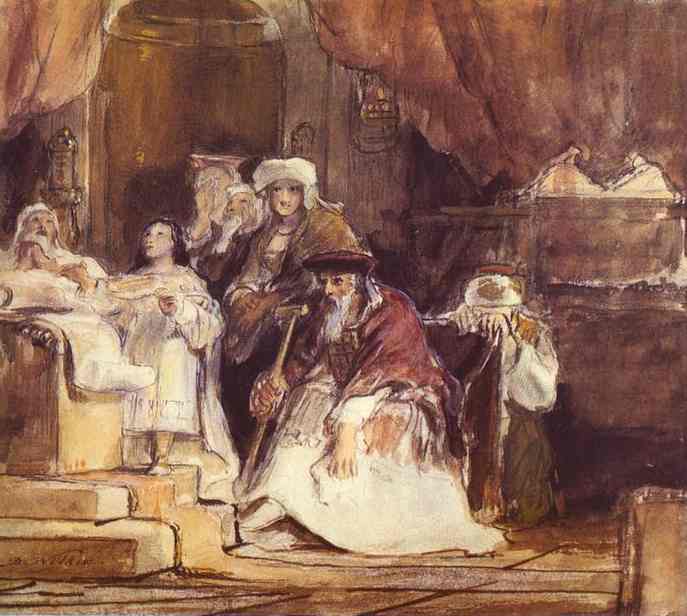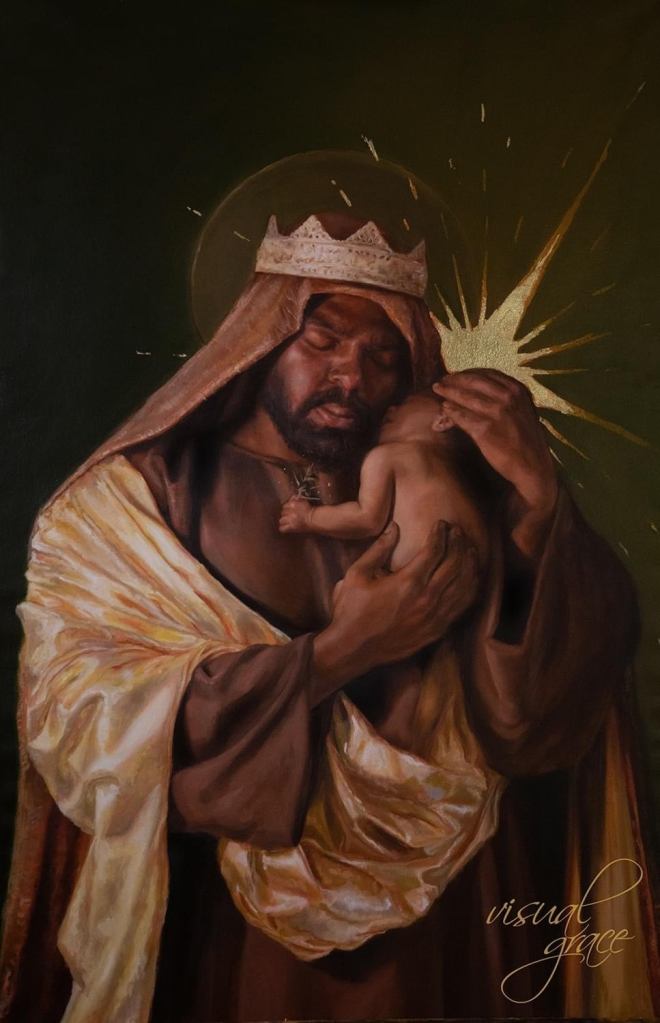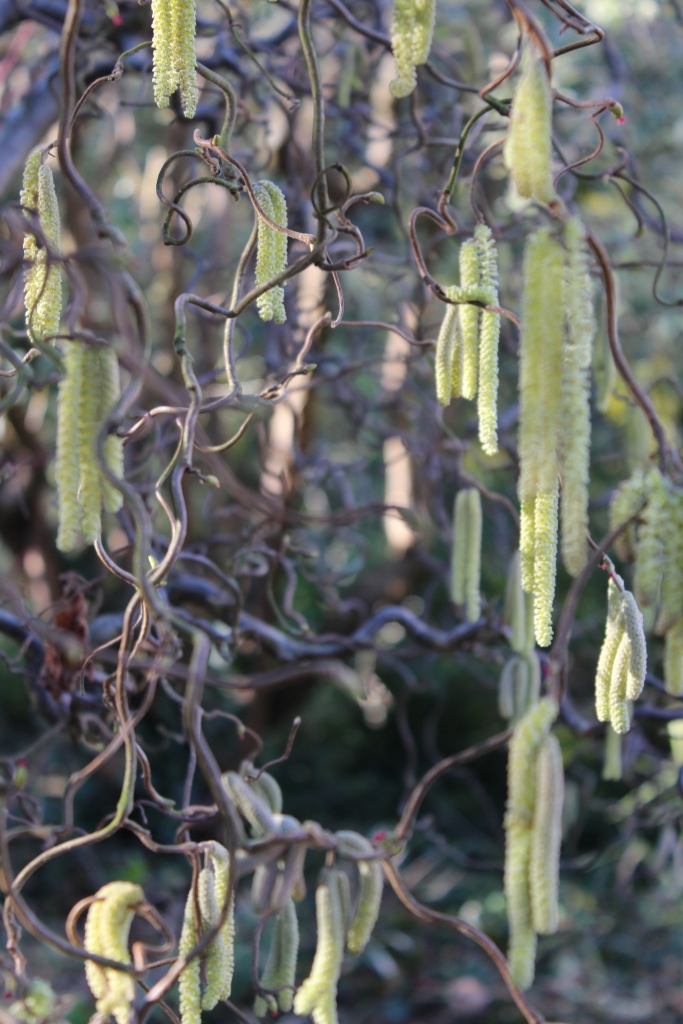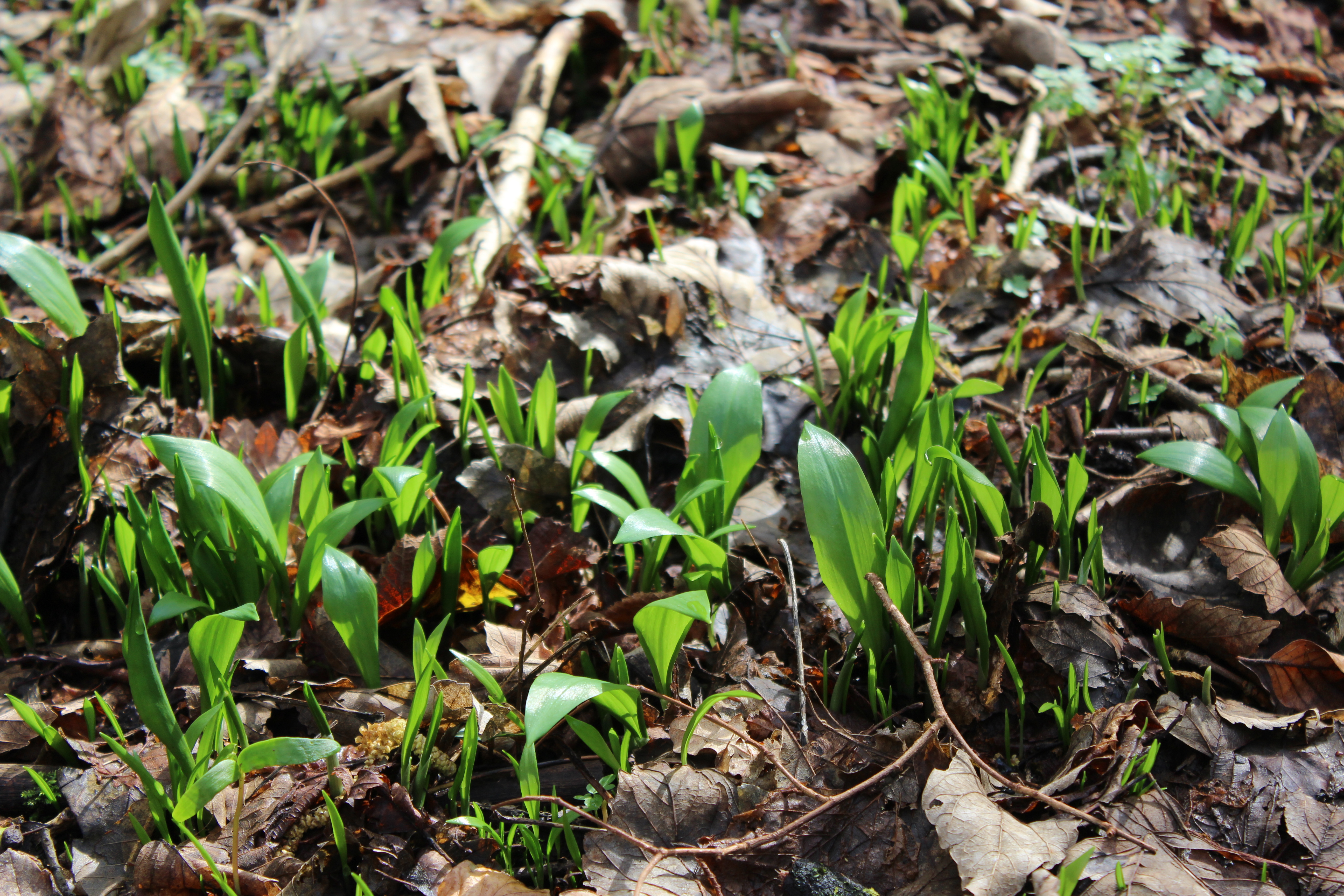
Christ chasing the money changers from the temple Raymond Balze
Hello again.
Here’s another post combining a look at the reading many churches will be following on Sunday, and a poem which emerged as I read it and read it again. So it draws on my occasional series Sunday Retold, and my practice of dwelling imaginatively with the story, meditating on it, and seeing what arises.
Firstly, the Gospel reading from my retelling The Bible Story Retold in Twelve Chapters.
Jesus went into the Temple courts, and found them choked up with stalls and salesmen, ringing with the shouts of hawkers and hagglers. People were not gathering for worship: they were changing their money into special Temple coins, and buying birds for Temple offerings. Jesus grabbed the traders’ tables and threw them over. The money changers and the dove sellers shouted angrily while the coins clattered and rolled across the stone floor. “You’ve taken ‘the house of prayer’ and turnind it into a ‘den of thieves’!” Jesus said, and all fell silent at his words.
From The Bible Story Retold, based on Matthew 21
Then, the blind and the lame came to him and were healed. And children came, too, running and shounting, “Hosanna to the Son of David!” The Temple was filled with joy, and the priests and teachers of the Law drew back, muttering angrily.

One of the things I found while working on this retelling was that there was always so much more I wanted to explore – so much depth and meaning hinted at, or concealed by years and culture and translations. My practice in writing the book was to read widely, and then to meditate on the passages in the style of Lectio Divina – imagine myself into the story, and allow it to unfurl in my mind – a mind with questions, open to prompting I hope. So with this one, there was so much here about Jesus’ rage at the commodification of the things of God, making what was freely given into a commercial venture. We are so used to everything falling into the realm of money it can be hard to imagine how things could be any different, or how the realm of God might offer a radically different Way. Jesus spoke more about money than about prayer, and yet it’s a difficult subject to explore for us. So many of the ills and injustices and exploitation of the natural world we are currently experiencing suggest to me that something has gone wrong with the way we view and use money. Can we begin to dip into the realm of gift, generosity, and finding ways to do what is necessary and right? I hope so.
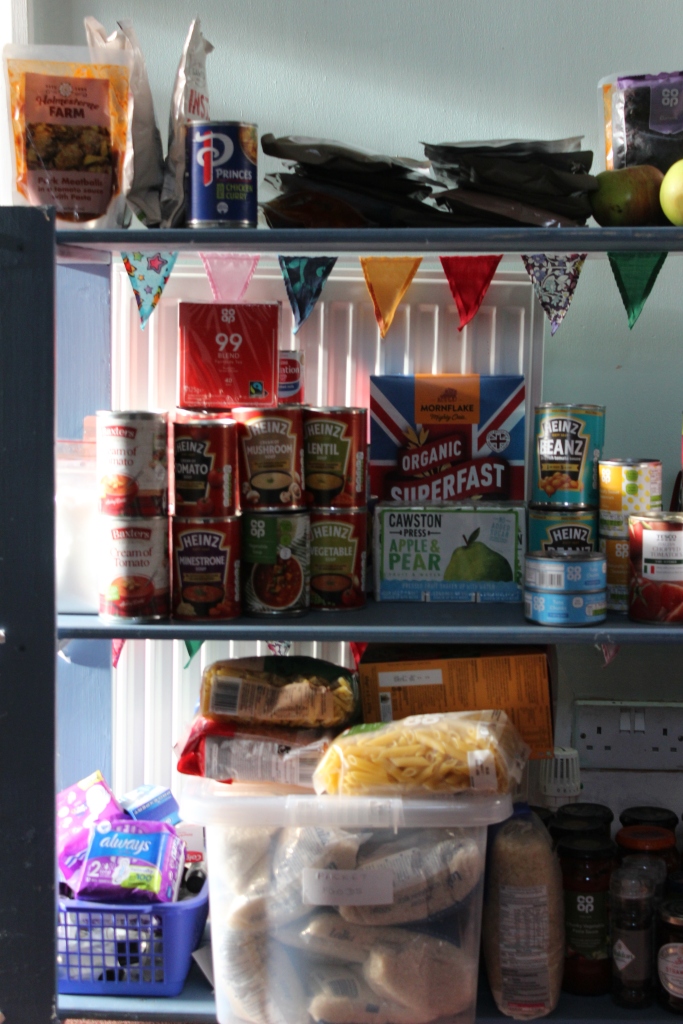
The Little Free Pantry at St Andrew’s Church, Melton. An example of gift, of sharing. Apologies for the soft focus!
And so, to the poem which came out of my reflections. The meaning of gift and the exchange that arose in my imagination on reading the passage was many layered, and I hope the poem can be read a number of ways depending on what chimes with you the reader. It draws from the Mattew 21 passage, as above, but also the passage early in John’s gospel (John 2).
Poured out and Overturned
Some things cannot be bought
and yet, they are. See
those neat piles of coins,
counted carefully, those inkmarks
methodically made, those
animals sold for sacrifice,
coins given for prayers, for favour,
for the words and work of God.
His carpenter’s hands gripped
the smooth grained tables and
upended them. Poured out the
shimmering piles of coins
rolling and chiming
over the stone floor.
Some things, perhaps, once, all
are freely given – life, air, water,
growing things for food, breath,
beauty, favour, love. So many
things we lay out in rows,
so many tables, so many
neat marks of ink or light.
Bound, we see no alternative,
cannot imagine another way,
and yet, here is a man throwing
coins to the floor, with a whip
to drive out money changers
while wooden tables lie
groaning on their sides.
Set free, then, what happens in
this space, this chaos,
with all our reckoning upended?
The blind and the lame come,
and are healed.
And the children run and shout
Hosanna.
And what is, and what will be
is all gift.
So it is, and may it be so.
John 2:13-22, Matthew 21:12-17
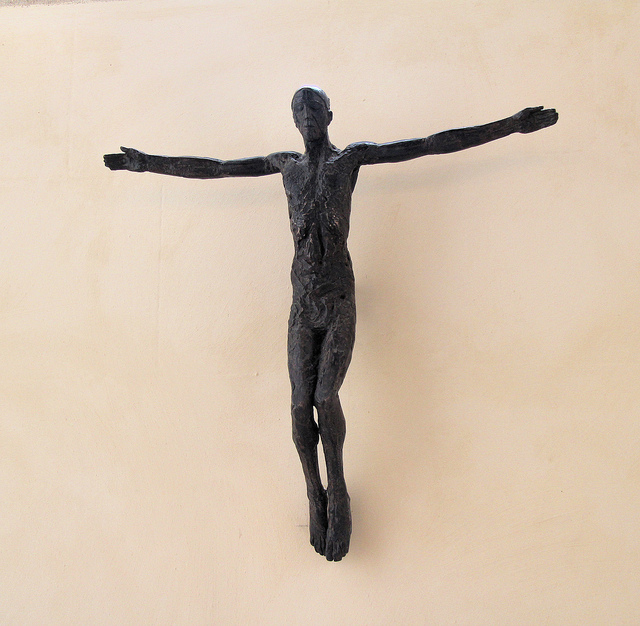
Elisabeth Frink, Chapel of the Transfiguration, St Edmundsbury Cathedral.
I notice that some of you good people are looking up resources for Easter on this blog. Thank you for considering my work. If it helps, here’s a link to a summary……
Please feel free to use my writing in any way that helps, mentioning my name and this blog. And do feel free to let me know, I do love to hear where it gets to!

Edit: Sunday 3rd March.
I’m absolutely delighted to find my poem below at Diana Butler Bass’ The Cottage. She shares an informative piece on this passage which I’ve found has helped me understand what can be a puzzling story. Do read it if you haven’t already. I hope this link will take you there…..
Further edit… I seem to be having difficulty clicking through on this link. She has included one of my Mary of Bethany poems in another recent post if I’ve whetted your appetite and you can’t find Overturned…. try this.
If you search for her name on this blog, you will find other poems and other links.


